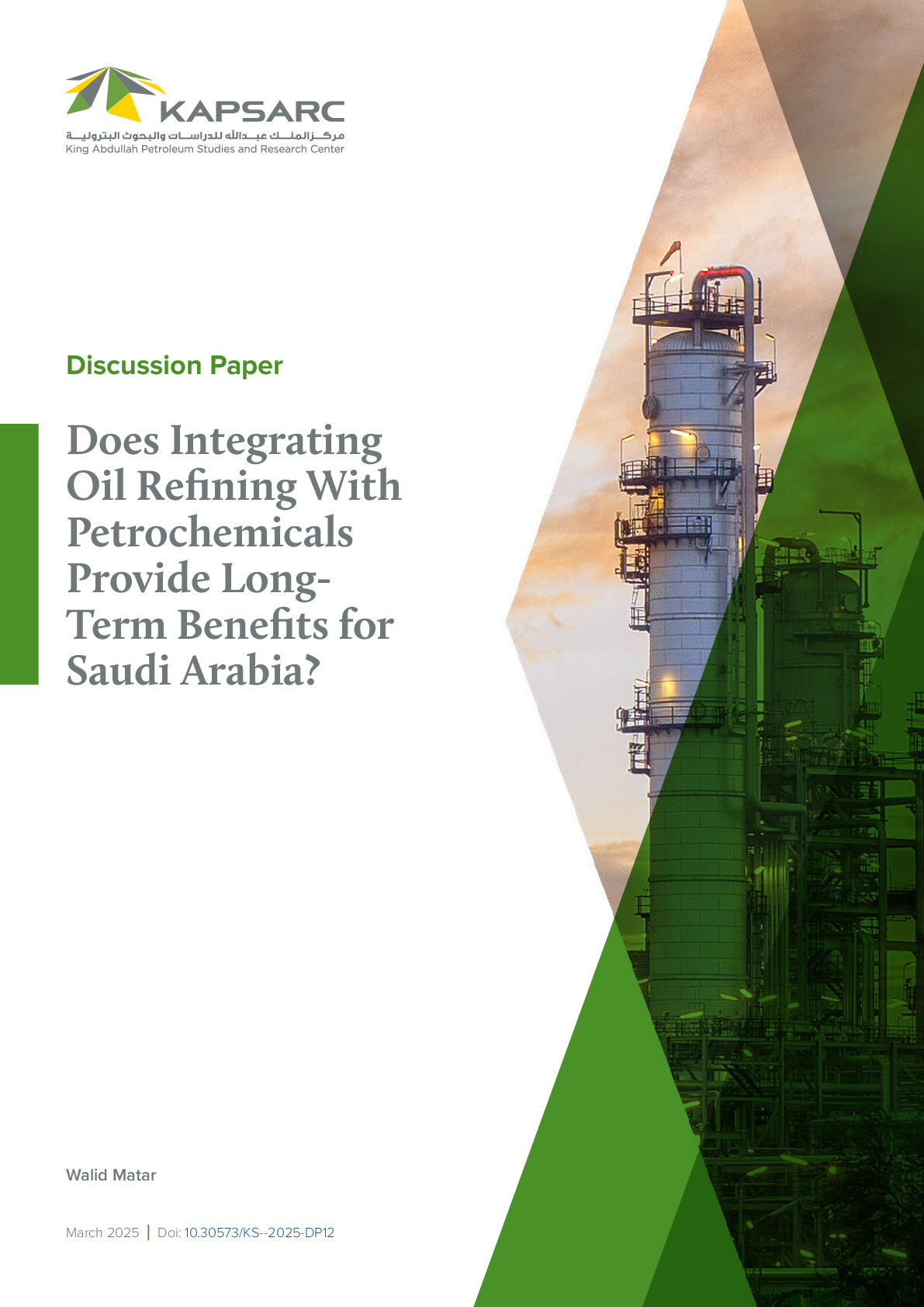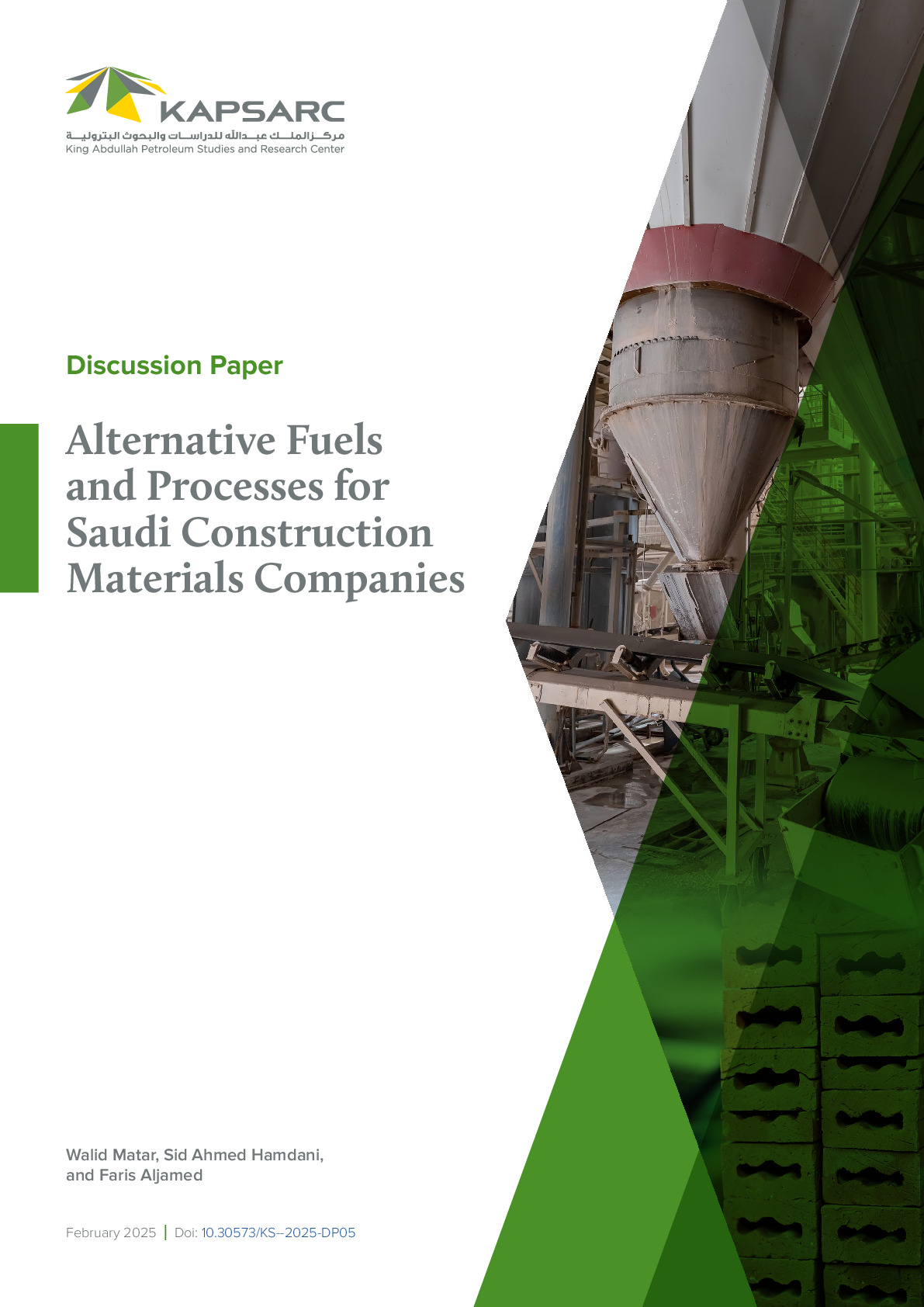This paper examines the marginal welfare gain of adopting higher energy efficiency after another efficiency measure has already been installed. For example, how does installing stringent thermal insulation influence energy efficiency investment decisions thereafter? A mathematical model that embeds a welfare-maximizing household in a building energy model is employed. Four archetypical households across Saudi Arabia and two electricity pricing schemes are chosen for this illustration. The households exhibit diverse socioeconomic attributes and live in regions with varying physical characteristics. Key findings include: Investing in more stringent thermal insulation after already installing more efficient air conditioners reduce welfare, but not necessarily vice versa. Under both electricity pricing schemes, welfare is lowered when households reduce infiltration after installing more stringent thermal insulation. Comparatively, welfare gains are made for all other preexisting efficiency cases. In western Saudi Arabia, variability in welfare between marginal investment decisions are low relative to those in other regions.

Principal Fellow- Oil & Gas
Walid works on modeling energy systems. He is developing or has developed the following components of the KAPSARC Energy Model…
Walid works on modeling energy systems. He is developing or has developed the following components of the KAPSARC Energy Model (KEM): electric power generation, oil refining, petrochemicals and fertilizers, cement production, and iron and steel. He is also working on a bottom-up residential electricity use framework that merges microeconomics with the physical laws governing electricity use.
Expertise
- Energy Systems Modeling
- Optimization
- Electricity Prices
- Energy Efficiency and the Interdisciplinary Connection Between Energy Economics and Engineering
Publications See all Walid Matar’s publications

Does integrating oil refining with petrochemicals provide long-term benefits for Saudi Arabia?
This paper examines the marginal welfare gain of adopting higher energy efficiency after another efficiency…
25th March 2025
Alternative Fuels and Processes for Saudi Construction Materials Companies
This paper examines the marginal welfare gain of adopting higher energy efficiency after another efficiency…
11th February 2025